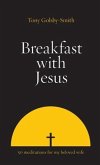
21,99 €
Versandfertig in über 4 Wochen
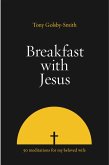
7,99 €
inkl. MwSt. und vom Verlag festgesetzt.
Sofort per Download lieferbar
eBook, ePUB
30. Juli 2023
Gospel Conversations
Ähnliche Artikel

15,99 €
Versandfertig in über 4 Wochen
Gebundenes Buch
2-Minute Devotions to Start Your Day
6. März 2018
Broadstreet Publishing
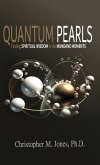

Gebundenes Buch
Daily Inspiration About Money And Emotions
26. November 2018
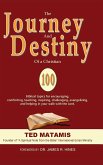
Gebundenes Buch
100 Biblical topics for encouraging, comforting, teaching, inspiring, challenging, evangelizing, and helping in your walk with the Lord.
8. November 2019
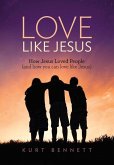
22,99 €
Versandfertig in über 4 Wochen
Gebundenes Buch
How Jesus Loved People (and how you can love like Jesus)
1. Januar 2020
Enoch Media
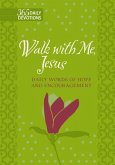
16,99 €
Versandfertig in über 4 Wochen
Buch mit Leder-Einband
365 Daily Words of Hope and Encouragement
2. Juni 2020
Broadstreet Publishing
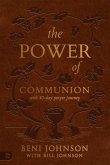
17,99 €
Versandfertig in über 4 Wochen
Buch
15. Februar 2022
Destiny Image Incorporated
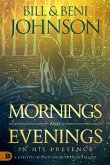
24,99 €
Versandfertig in über 4 Wochen
Gebundenes Buch
18. August 2020
Destiny Image Incorporated
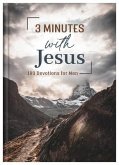
13,99 €
Versandfertig in über 4 Wochen

Ähnlichkeitssuche: Fact®Finder von OMIKRON
